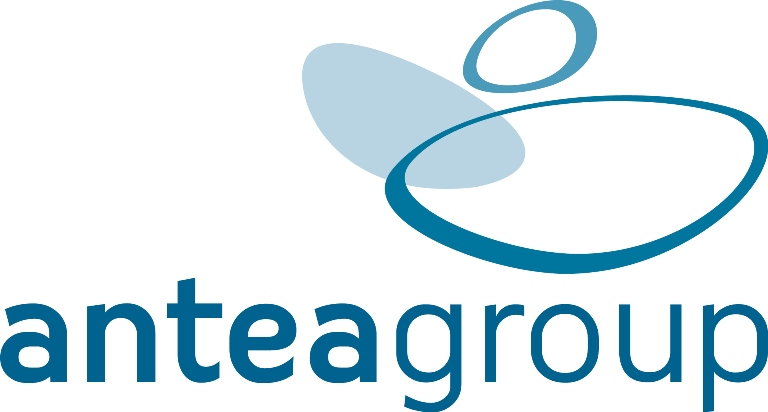Ensuring Workplace Safety: The Importance of Office Risk Assessments
Download Our Risk Assessment Template

In any workplace setting, ensuring the safety and well-being of employees is of paramount importance. One essential tool that aids in this is conducting office risk assessments. By identifying potential hazards and assessing associated risks, your organization can take proactive measures to mitigate risk and demonstrate a culture of safety.
In this blog, we will delve into the concept of risk assessments, highlighting their significance, and explore when and why they should be conducted. We also provide a risk assessment template to help you take the first steps in assessing risk at your facility.
What is a Risk Assessment?
A risk assessment is a systematic process that involves identifying potential hazards in the workplace and evaluating the associated risks they pose to employees and the organization as a whole. The assessment aims to identify areas of concern, implement appropriate measures to control or eliminate risks, and ensure a safe working environment for everyone.
Many countries in EMEA require the completion of a risk assessment, which is often the first step in establishing a health and safety program for your site. Other jurisdictions may require a job hazard analysis (JHA), which focuses on specific tasks, breaking down each step to identify and mitigate task-related hazards, enhancing worker safety through task-specific guidance. A risk assessment evaluates overall risks in a workplace or project, considering various hazards and their potential impacts, aiding in strategic decision-making.
Download our Risk Assessment Template:
Not sure where to start? Our Risk Assessment Template will help you identify risks, assess their severity, and outline a corrective action plan. Download your template here.
Why Do I Need to Conduct a Risk Assessment?
- Legal Compliance: Conducting risk assessments is often a legal requirement in many jurisdictions such as France, England, Brazil, etc. Organizations must adhere to occupational health and safety regulations to ensure compliance and avoid penalties. Failing to conduct risk assessments can lead to legal repercussions, financial liabilities, and damage to the organization's reputation. This is true even for office environments or when employees are working remotely.
- Employee Safety: The primary objective of conducting risk assessments is to safeguard the well-being of employees. By identifying potential hazards, such as faulty equipment, electrical issues, or poor ergonomics, organizations can take preventive measures to minimize accidents, injuries, and illnesses. This not only protects employees but also promotes a positive work environment and boosts morale.
- Financial Impact: Workplace accidents and incidents can result in significant financial implications for an organization. Medical costs, compensation claims, increased insurance premiums, and productivity losses due to employee absence can strain the financial resources of a business. Conducting risk assessments helps mitigate these risks and reduces the likelihood of costly incidents.
- Reputation and Brand Image: A company that prioritizes the safety of its employees demonstrates a commitment to responsible business practices. By conducting risk assessments and taking appropriate actions to address identified hazards, organizations can enhance their reputation and build trust with employees, clients, and stakeholders. This, in turn, can attract top talent, foster customer loyalty, and contribute to long-term success.
When Do I Need to Conduct a Risk Assessment?
Risk assessments should be conducted under the following circumstances:
- New Workplaces: When establishing a new office or workspace, it is crucial to conduct a risk assessment before operations begin. This ensures that potential hazards are identified and addressed from the outset, setting a solid foundation for a safe working environment.
- Changes in Work Environment: If significant changes occur in the workplace, such as the introduction of new equipment, alteration of work processes, or modifications to the physical layout, a risk assessment should be conducted. This helps identify any new risks associated with the changes and enables appropriate measures to be implemented promptly. This is especially important for organizations implementing return-to-work plans or developing hybrid/flexible work plans.
- Regular Reviews: Risk assessments should be conducted periodically, even in established work environments, to ensure ongoing safety. This allows organizations to stay vigilant, identify emerging hazards, and adapt safety measures accordingly. Some countries require a risk assessment to be reviewed and updated at least annually. Regular reviews also enable compliance with evolving legal requirements and industry standards.
Conducting office risk assessments is a vital aspect of maintaining a safe and healthy workplace. By identifying potential hazards, evaluating associated risks, and implementing effective control measures, organizations can protect their employees, comply with legal obligations, and safeguard their reputations.
Regularly reviewing and updating risk assessments ensures continuous improvement and reinforces a culture of safety within the organization. Prioritizing risk assessments demonstrates a commitment to the well-being of employees and contributes to a more productive and harmonious work environment.
Need help creating a safe, healthy, and sustainable workplace? We've got you covered!
About Antea Group
Antea®Group is an environment, health, safety, and sustainability consulting firm. By combining strategic thinking with technical expertise, we do more than effectively solve client challenges; we deliver sustainable results for a better future. We work in partnership with and advise many of the world’s most sustainable companies to address ESG-business challenges in a way that fits their pace and unique objectives. Our consultants equip organizations to better understand threats, capture opportunities and find their position of strength. Lastly, we maintain a global perspective on ESG issues through not only our work with multinational clients, but also through our sister organizations in Europe, Asia, and Latin America and as a founding member of the Inogen Alliance. Learn more at us.anteagroup.com.

